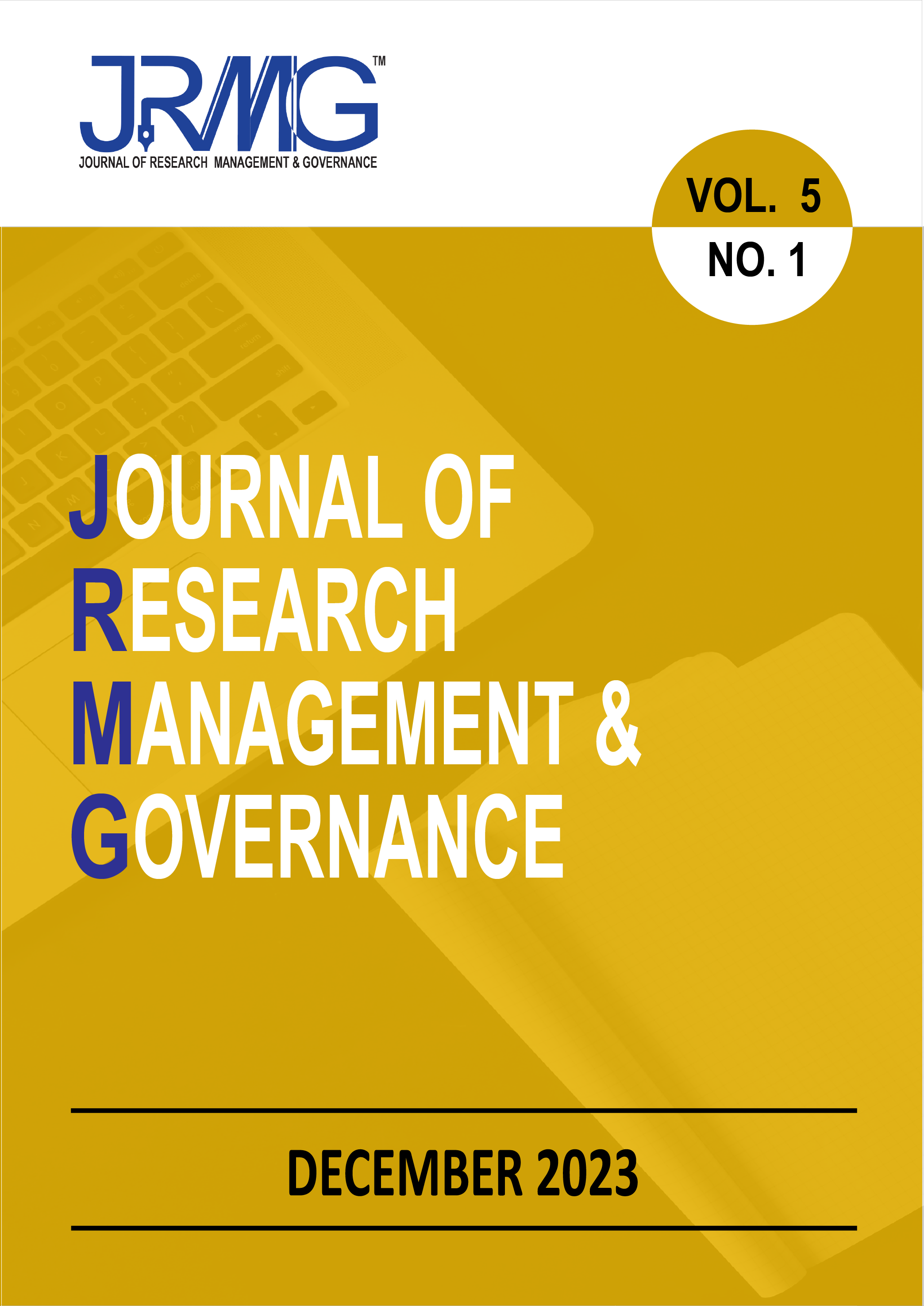Impact of Social Distancing on Research Activities: An online cross-sectional survey
Main Article Content
Abstract
During the Coronavirus Disease 2019 (COVID-19) pandemic, many institutions enforced social distancing measures to limit or restrict access to offices, laboratories, and workplaces, disrupting the standard workflow of research. This survey investigates the impact of social distancing measures in universities and research institutes on research and research training. An online survey was designed for distribution to researchers and students worldwide to researchers in medical physics, engineering, science, clinical, arts and social studies. In addition to demographic questions, we surveyed the impact of social distancing in terms of research output, training activities, and mental health of the researchers and students. One hundred and thirty participants completed the survey, of which 72% of the respondents were from Malaysia, and 58% of the respondents were female. Prior to the pandemic, 59% worked in hospitals and universities. There was a variation in how strict social distancing was practised/enforced in different institutions, with 85% reporting limited or completely no access to laboratories or research facilities. A significant difference was found between genders, with female respondents reporting to be less affected by the social distancing measures. No correlation was found between age and the reported effect of social distancing research activities. The most affected research activities were research progress, presentation of results at conferences, and data collection. The pandemic also affected the respondents' mental health, reporting demotivation, feeling isolated, and losing focus on their work. Measures to alleviate the negative impact of COVID-19 suggested enhancing research and training, including improved communications, making research training more accessible, and adjusting administration, work and research goals.
Downloads
Article Details

This work is licensed under a Creative Commons Attribution-NoDerivatives 4.0 International License.
Articles submitted to the journal should not have been published before in their current or substantially similar form, or be under consideration for publication elsewhere. Authors submitting articles for publication warrant that the work is not an infringement of any existing copyright and will indemnify the publisher against any breach of such warranty. For ease of dissemination and to ensure proper policing of use, papers and contributions become the legal copyright of the publisher unless otherwise agreed. By submitting a manuscript, the author(s) agree that copyright for the article is transferred to the publisher, if and when the manuscript is accepted for publication. However, it can be reprinted with a proper acknowledgement that it was published in JRMG.

This work is licensed under a Creative Commons Attribution-NonCommercial-NoDerivatives 4.0 International License.
